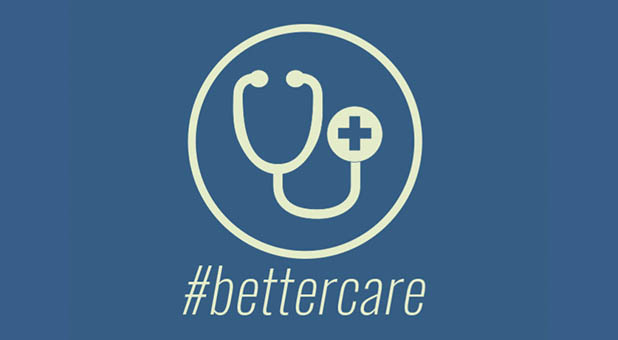Without notice or warning, Senate Republicans unveiled a newly revised “discussion draft” of the Better Care Reconciliation Act, which they say will improve its “score” with the Congressional Budget Office.
“BCRA 2.0,” as it’s been dubbed, is supposed to the bill that will trigger the “repeal and replace” of the Affordable Care Act, otherwise known as Obamacare, but it neither repeals nor replaces it. In fact, it keeps most of the existing health care laws intact. So what does it actually do? The Senate Republican Conference released this “explainer” that highlights the key differences:
After extensive consultations across the Senate Republican Conference, below are the primary revisions to the Better Care Reconciliation Act (BCRA) discussion draft:
More Help to Cover Out-of-Pocket Costs:
An additional $70 billion is dedicated to encouraging state-based reforms, which could include help with driving down premiums through cost-sharing, Health Savings Accounts (HSA), and other innovative ideas to help pay for health care costs. This is in addition to the $112 billion in funding already in the original bill.
Health Savings Accounts to Pay for Premiums:
In order to ensure that more people have financial support to pay for health care costs, a provision has been included in the bill that would, for the first time, allow people to use their HSAs to pay for their premiums. This is a policy that both the Joint Committee on Taxation (JCT) and the Congressional Budget Office (CBO) say will increase health care coverage.
Additional Resources to Combat the Opioid Epidemic:
With the opioid crisis hitting Americans in every state, an additional $45 billion is dedicated for substance abuse treatment and recovery.
More Options for Americans to Buy Lower-Premium Plans
Individuals who enroll in catastrophic plans would be eligible for the tax credit so long as they meet other tax credit eligibility requirements. Obamacare prohibited individuals enrolled in catastrophic plans from receiving a tax credit even if they met all other eligibility requirements.
Anyone in the individual market would be allowed to purchase a lower-premium health insurance plan, including Americans with their federal tax credit assistance. These plans are higher-deductible plans that cover three primary-care visits a year and have federal protections that limit an individual’s out-of-pocket costs.
Tax Revisions:
The new draft bill will not include any changes from current law to the net investment income tax, the additional Medicare Health Insurance (HI) Tax, or the remuneration tax on executive compensation for certain health insurance executives.
Medicaid Revisions:
To allow for more accurate Disproportionate Share Hospital (DSH) related decisions and maximum benefit to states to assist in providing uncompensated care, the new discussion draft changes the DSH calculation from per Medicaid enrollee to per uninsured.
To improve management of vulnerable populations, states may apply for a waiver for the purpose of continuing and/or improving home and community-based services for aged, blind and disabled populations.
If a public health emergency is declared, state medical assistance expenditures in a particular part of the state will not be counted toward the per capita caps or block grant allocations for the declared period of the emergency.
Expanded block grant option to allow states to also add expansion population under the block grant if they opt to do so.
Enhanced Focus on Higher-Risk Individuals:
Creates a fund for the purpose of making payments to specified health insurance issuers for the associated costs of covering high-risk individuals enrolled in the qualified health plans on the Affordable Care Act’s Individual Exchange. In order to qualify for such funds, an issuer must offer sufficient minimum coverage on the exchange that remains subject to Title 1 mandates. Offering such coverage would enable the issuer to also offer coverage off the Exchange that would be exempt from certain Title 1 mandates.
Click here to read a section-by-section discussion of the bill, provided by the Senate Republican Conference.
Overall, the bill spends more and does little to actually encourage reductions in premiums or out-of-pocket costs. In fact, it rolls back tax cuts that would have been included in the original draft of the BCRA. If anything, it’s moving farther away from the House of Representatives’ American Health Care Act, which has already passed.
As of this writing, the House Freedom Caucus has yet to comment on the bill, but it’s unlikely to be excited with what Senate Republicans are offering. {eoa}
See an error in this article?
To contact us or to submit an article
















